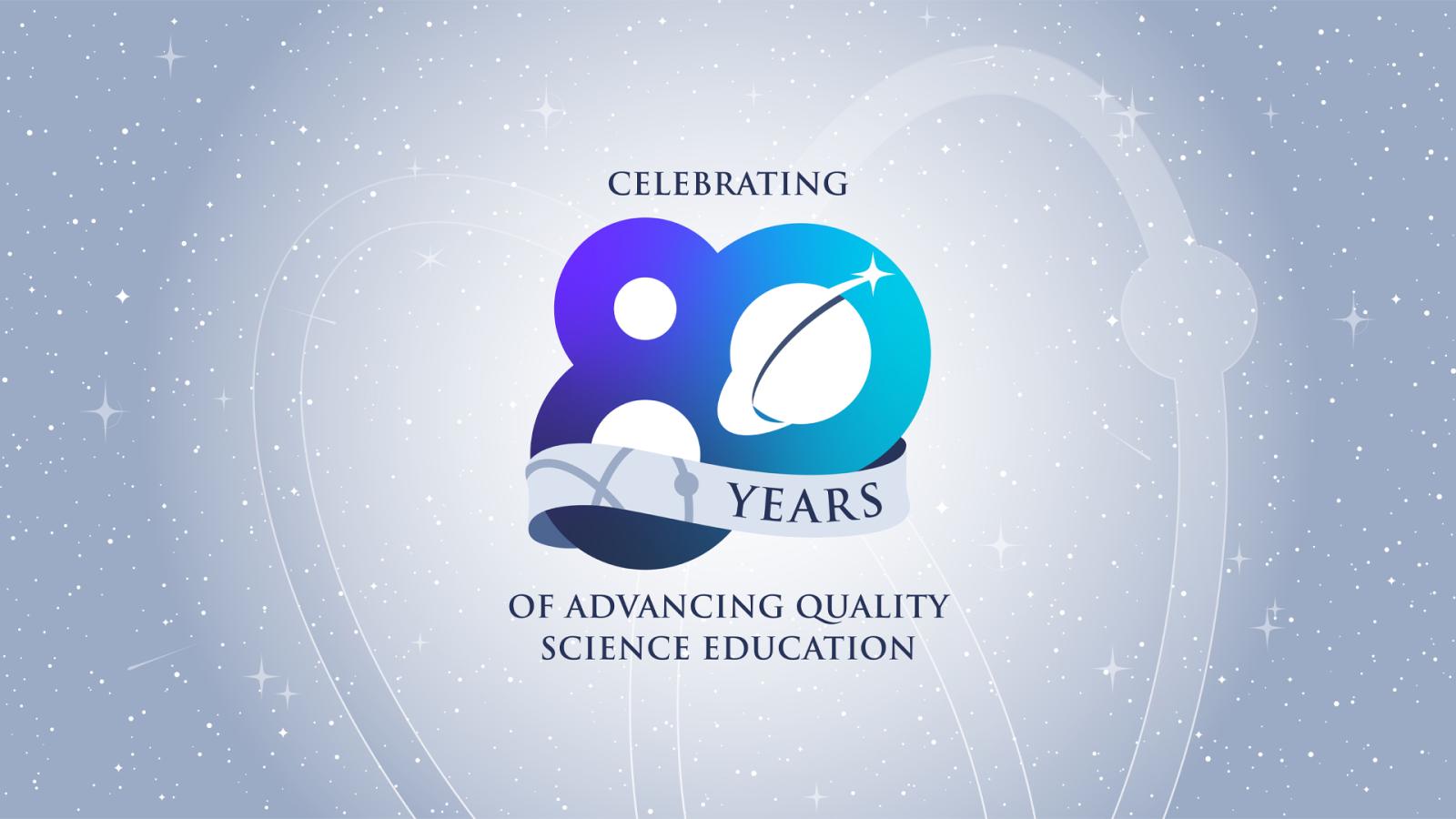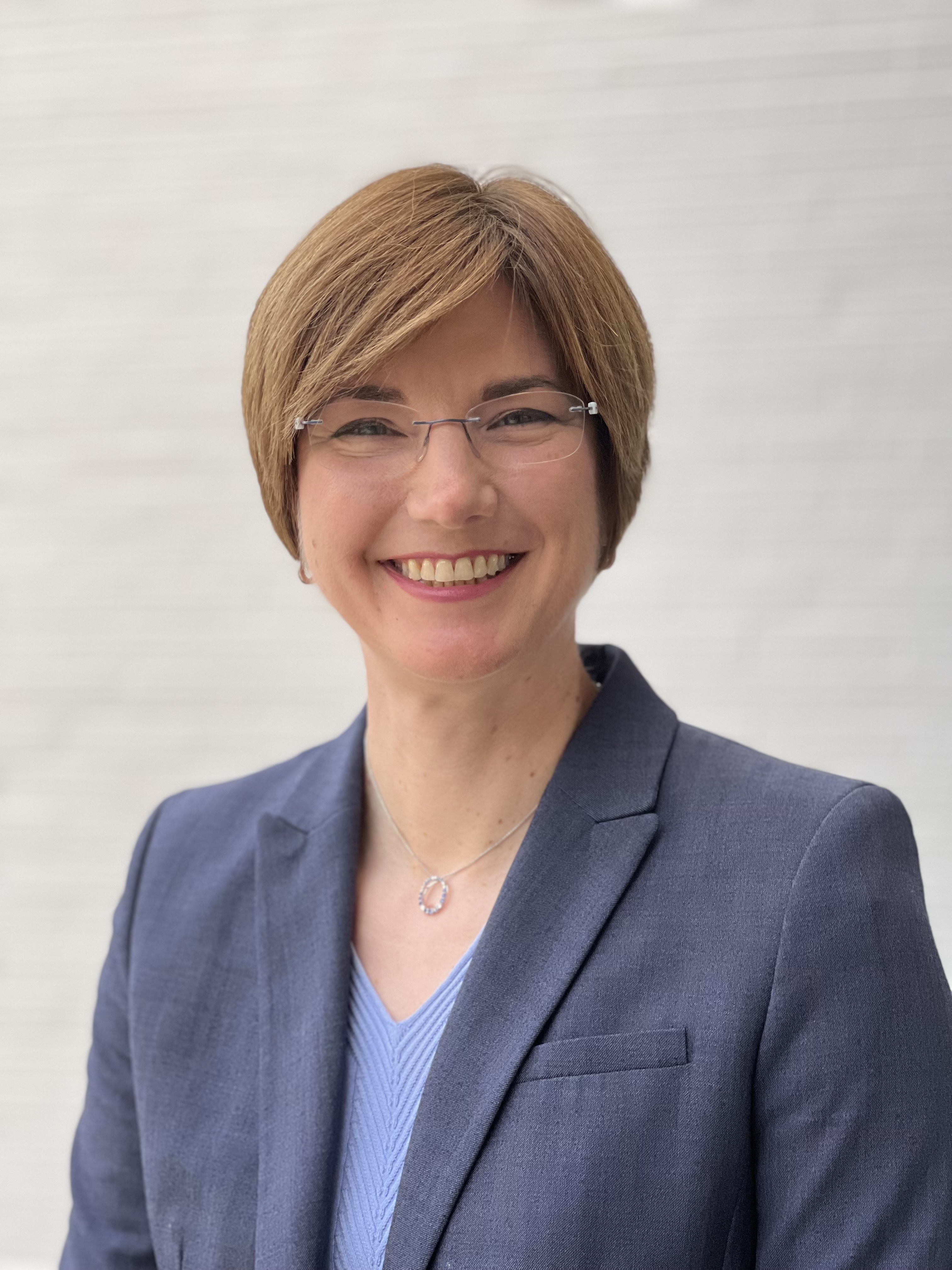NSTA 2034: A Letter From the Future
By Erika Shugart, Ph.D., NSTA Chief Executive Officer
Posted on 2024-11-12

Disclaimer: The views expressed in this blog post are those of the author(s) and do not necessarily reflect the official position of the National Science Teaching Association (NSTA).
As I began to write my blog post for our 80th anniversary, Charting the Future: NSTA’s Vision for the Next 10 Years, I was fortunate to have a small wormhole open above me, and an envelope addressed to me gently floated onto my desk. It contained the following letter.
Dear 2024 me,
You always observe that when there are lots of challenges, it just means that you are in an opportunity-rich environment. The science teaching profession was facing many challenges in the early 2020’s, but NSTA made the most of the opportunities, and we are living in a better future in 2034 because of it.
The first bit of good news is the state of the science teacher workforce. I am thrilled that we have turned the corner on the shortage of science teachers, and most states are able to fill open positions with qualified individuals. NSTA’s advocacy with other organizations—including state chapters, the STEM Education Coalition, and other STEM stakeholders—helped elevate the importance of science education and the science educator workforce at the state and federal levels. Industry became a more vocal supporter of science education after the CHIPS and Science Act incentivized them to support STEM education in their regional communities. NSTA’s position statements about teacher pay and professional development funding were key in identifying changes that have made a difference. Even before the policy landscape started to change, NSTA’s professional learning offerings were helping to train new educators and retain more teachers. NSTA always had a strong following from university professors who use NSTA’s website as a textbook in their preservice classrooms. NSTA picked the right moment to expand that work to reach career changers in the alternative certification pipeline, which helps them gain the knowledge and confidence they need when they enter the classroom. This group of educators is diverse, increasing the number of men and people of color in the educator community. They also bring their unique career experiences to the classroom, which allows students to learn about real-world STEM careers.
I know you are a fan of Alexis de Tocqueville and his observation in Democracy in America that “In democratic countries the science of association is the mother science; the progress of all the others depends on the progress of that one,” so you have been so worried about the decline of membership in organizations. You will be happy to hear that more and more educators of science are joining NSTA. There have been some larger forces at play, like the recent regulations that make social media less addictive, so people are getting off their phones and looking for more real-life connections. NSTA was there to fill that niche. It took a few years post-pandemic for the conferences to return, but they have taken off and just keep growing. The divisions and districts were able to leverage these in-person events to help members to find like-minded colleagues. Now they keep them engaged through the forum and online communities year-round. I was recently looking at some of the photos from the 2024 meeting in NOLA of attendees smiling in front of the NSTA sign in the exhibition hall that states, “You Belong Here.” We often hear that it is that sense of belonging and the ability to bring their authentic selves that keeps them connected to the association.
It amazes me that in 2024, it was just a decade ago that the Framework and NGSS were finally adopted by 49 states. It seemed like such an amazing milestone, but you have no idea of the hard work ahead! In 2024, this was still a new way of teaching for many educators, both new and experienced. NSTA supported teachers with Framework-based and NGSS–based professional learning. You captured some of the first video of high-quality instructional materials being used in the classroom and during professional learning sessions. These videos helped educators and their administrators who had been unfamiliar with this approach see what classrooms look like when all students are truly engaged in their science lessons. This helped to grow a community of educators who mentored one another and encouraged one another, which has helped expedite the adoption at the school and individual classroom levels.
Now you might be wondering if I used AI to write this letter, or if I composed it myself. NSTA’s work on AI began in 2023, when NSTA first started offering conference sessions, blogs, and books on AI with a focus on policy, practical tips, and the ethical issues surrounding this new technology. By 2034, AI has revolutionized science education, making it more accessible, personalized, and dynamic than ever. For educators, AI automates routine administrative tasks, enabling them to focus on mentorship and fostering critical thinking. We use AI-driven systems to deliver highly adaptive learning experiences tailored to each student’s strengths, weaknesses, and learning pace, enhancing their engagement and comprehension. Moreover, AI-driven data analysis has deepened insights into educational outcomes, helping institutions to continuously refine curricula and align them with current scientific advancements, preparing students more effectively for careers in STEM fields. We must learn a lot to keep up with the pace of change, but we are fortunate to have many members who have become experts in using AI effectively in the classroom.*
We are still facing many challenges in our communities due to the impacts of climate change, global population movement, and unequitable access to recent healthcare advances, to name a few. Science education is helping students face these challenges feeling empowered and optimistic. As I look at the generation in our classrooms, I know that we are in good hands in the future because we are helping them become critical thinkers.
See you in 10 years!
2034 me
*The paragraph on AI was written with the assistance of ChatGPT; the rest of the blog post was written without AI assistance.

Erika Shugart, Ph.D., is the CEO of the National Science Teaching Association (NSTA), a vibrant community of 35,000 members—science educators and professionals committed to best practices in teaching science and STEM and its impact on student learning.
The mission of NSTA is to transform science education to benefit all through professional learning, partnerships, and advocacy.


